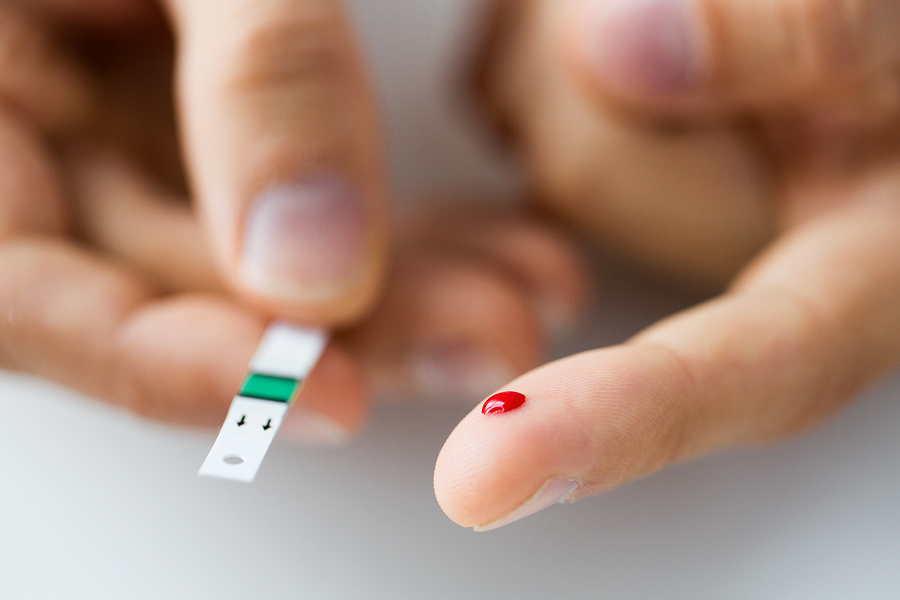If anyone is asked to think of a single nutrient that relates to glucose tolerance, the first thing that comes to mind is chromium. In fact there is a lot of research supporting the idea that chromium is a valuable supplement for people with glucose and insulin issues. People don’t always think of magnesium when it comes to this issue, but there is a fair amount of research supporting magnesium supplementation for insulin insensitivity and poor glucose tolerance.
An observational study appearing in the Journal of the American College of Nutrition (2006; 25(6): 486-92) found that subjects who consumed more magnesium in their diets. The subjects were 1,223 men and 1,485 women without diabetes. Food frequency questionnaires were given to participants of the Framingham Offspring Study and it was found that subjects in the highest quintile of magnesium consumption were better insulin sensitivity than those in the lowest quintile.
In a double-blind, placebo-controlled study appearing in the American Journal of Clinical Nutrition (1992;55:1161-1167), looked at the relationship between glucose tolerance and magnesium status. The subjects were 25 young, healthy men and 12 elderly men. They were given the equivalent of 360 mg. of magnesium or a placebo over a period of four weeks. In the group receiving the magnesium, red cell magnesium levels and the microviscosity of the red cell membranes improved. Magnesium affects insulin secretion and is necessary for the glucose transport system. It is also involved with energy production and an important cofactor for phosphoylation.
It is estimated that 25% of the diabetic population is magnesium deficient. Lethargy, weakness, irritability, confusion, vertigo, paresthesia, anorexia, nausea, vomiting, and tetany are possible symptoms in magnesium deficiency. Diabetic complications include high blood pressure, cardiac arrhythmias, retinopathy, mineral homeostasis, dyslipidemia, and reduced release of insulin—all of which can be the result of insufficient magnesium.
Of course if insulin insensitivity is a problem, other nutrients are of value. Chromium, zinc, B vitamins, selenium, antioxidants and omega-3 fatty acids are all important nutrients for those who are insulin insensitive, diabetic or who have syndrome X.






